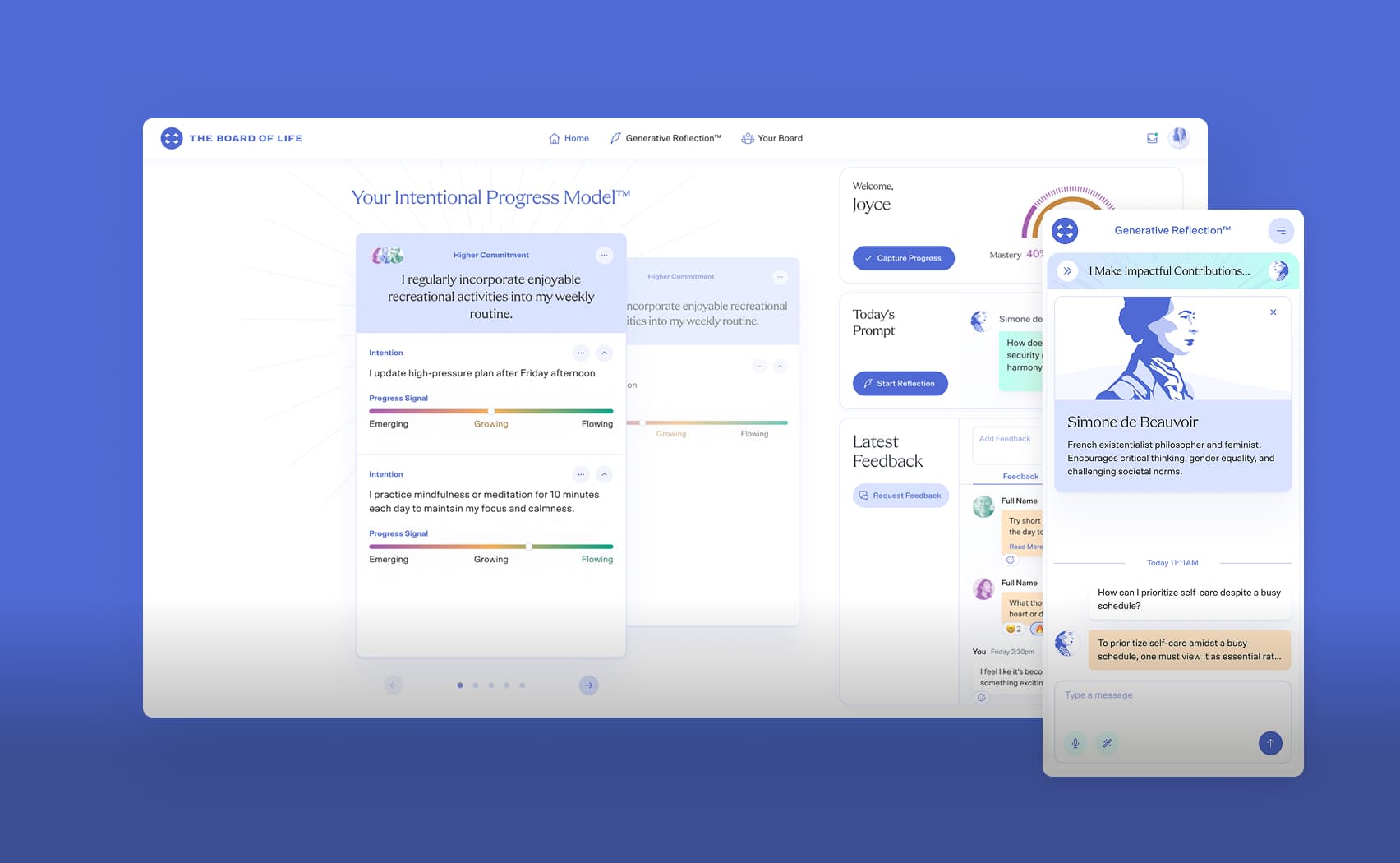8 Pros and Cons of Low Code/No Code
Imagine you could write your own software applications without any programming experience!
Well, it turns out you can. Platforms like Quixy and Retool offer the ability to make software with little to no programming skills. They are part of a growing movement of Low Code and No Code (LC/NC) software development.
While LC/NC can be powerful tools in certain contexts, their overall abilities are limited. That’s why JetRockets uses regular programming to build web applications for our clients.
Pros of Low Code/No Code
Little Training Required
This is the main advantage of Low Code and No Code. Because they operate mostly on simple drag-and-drop style interfaces, practically everyone can learn how to use them quickly. LC/NC is a highly accessible paradigm- no need to spend years pursuing a graduate degree in computer engineering.
Faster Development Time
There are times when LC/NC programs are faster to write than traditional programs. One study found that in some cases at least, using an LC/NC platform was 5.5 times faster than regular programming using Java.
There are good reasons why this can happen. LC/NC does abstract out a lot of the details, so developers don’t have to worry about complicated technicalities. But this means that faster development time will generally be restricted to simpler programs, ones for which you can ignore some technical details.
Easy to Understand
Good code doesn’t just work, it is also easy to understand. That’s because good code will be maintained and edited for years, usually by different groups of people over time. So it is crucial that it be easily readable and understandable.
LC/NC forces programs to be simple. And many platforms offer visual programming, so users can understand what’s going on just by looking at it.
Cons of Low Code/No Code
Inflexible
Low Code/No Code is really meant for straightforward, simple tasks that don’t rely on a whole lot of nuance. That’s why people use them to automate routine office tasks, like data entry. But this means that LC/NC platforms are simply not appropriate for complicated, subtle tasks.
Security Problems
The world of cybersecurity is constantly changing. Someone can discover a zero-day attack at any moment, and then whole libraries need to be updated. Good security teams work ceaselessly to scrutinize every detail of their code.
But LC/NC tends to skip the details and focus on the bigger picture. This makes it easy for security gaps to slip by.
Vendor Lock-in
With traditional programming, you write text files that can be freely exchanged with any system that understands them. But with most LC/NC platforms, it is impossible to swap out your programs. While it is nice to have cloud hosting, this can create problems over time.
The platform you use may increase its rates. It could also deteriorate in quality or fail to update over time. And if you want to move to a traditional codebase, you could have difficulty bringing your LC/NC programs offline.
Shadow IT
LC/NC is most commonly used for small, administrative tasks, created by employees whose main job is not programming. Over time, processes at a company can become dependent on dozens of these little programs. They form an entire ecosystem of applications that are not maintained or even reviewed by the IT staff.
Worse, when someone leaves the company, they may leave behind LC/NC programs that only they know how to use. Over-reliance on shadow IT can create transition issues.
Difficult to transfer skills
Although some LC/NC platforms are used for educational purposes, to teach young students the basics of programming, most of the skills involved do not transfer well to ordinary programming. Drag-and-drop style work is somewhat domain-specific and does not invoke important programming concepts.
Is Low Code/No Code a Trend?
Low and No Code development is certainly getting more popular. But don’t expect it to take over traditional programming. The fact is, the value of LC/NC is primarily restricted to a few use cases. These are applications that are simple and don’t need to be very secure. Some examples include:
- routine administrative tasks
- basic video games
- software prototypes
But when it comes to building full-scale, custom, professional applications, LC/NC simply can’t cut it.
Custom Development With JetRockets
We build custom-designed web applications for our clients. Most of what we do is in Ruby and Ruby on Rails, but we also make use of other technologies, like React, JS, Flutter and others.
Low Code and No Code systems can’t handle the details of the work we do for our clients. Typically, a business will come to us because of a specific problem they need to solve. They might need to manage their data better or set up a portal for managing customers.
Often, businesses come to us because they tried pre-made, off-the-shelf solutions that just didn’t work for them. They have specific needs that only custom-built software can satisfy. And if pre-made solutions won’t work, LC/NC solutions definitely won’t.



